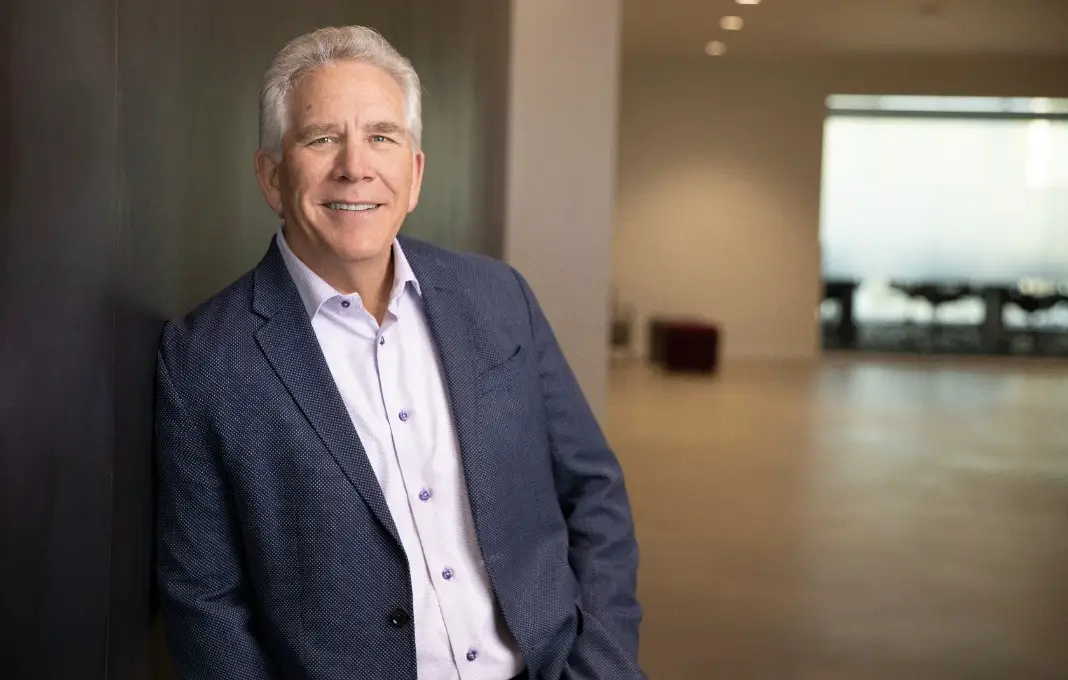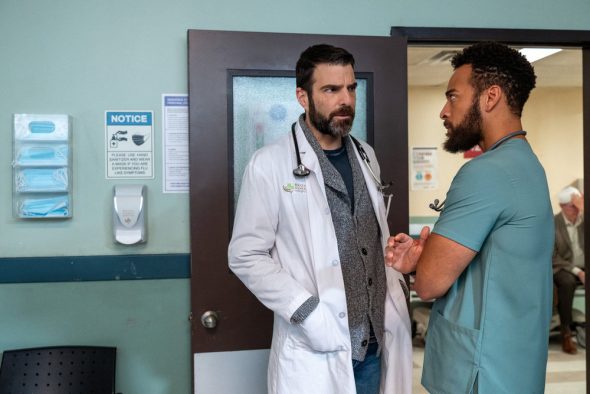[ad_1]

Why is Dianne Feinstein still serving in the Senate? It’s a controversial question to ask. You’re accused of ageism or sexism or, hey, look isn’t Chuck Grassley very old? This avoids the pressing concern that a sitting US senator, who represents 40 million Americans, is perhaps not in full possession of her faculties. Yes, we’re going to have a blunt talk about the issue.
Feinstein, 89, has not given an extended public interview since her return to the Senate after an extended absence due to complications from shingles. However, Jim Newell at Slate had what he describes as a “brief, concerning conversation” with California’s senior senator late Tuesday afternoon.
I asked her how she was feeling.
“Oh, I’m feeling fine. I have a problem with the leg.” A fellow reporter staking out the elevator asked what was wrong with the leg.
“Well, nothing that’s anyone concern but mine,” she said.
No, an elected official’s health and how it impacts their job is a public matter. It’s why the president regularly releases a health summary, and Feinstein was almost third in line to the presidency. (She declined to serve as president pro tempore when Patrick Leahy retired at 82.)
PREVIOUSLY:
Dianne Feinstein Deserves Better Than This
We Need To Talk About Dianne Feinstein
We know that Feinstein is still working a “lighter schedule” under doctor’s orders. Newell notes that Feinstein has “kept her movements mostly to the least-populated passageways and skipped luncheons and non-urgent committee hearings.” She still uses a wheelchair, which is not in itself an incapacitating fact but is nonetheless a change.
When the fellow reporter asked her what the response from her colleagues had been like since her return, though, the conversation took an odd turn.
“No, I haven’t been gone,” she said.
OK.
“You should follow the—I haven’t been gone. I’ve been working.”
When asked whether she meant that she’d been working from home, she turned feisty.
“No, I’ve been here. I’ve been voting,” she said. “Please. You either know or don’t know.”
This suggests that Feinstein didn’t remember that she was out of Congress for several months this year. A benign interpretation is that she was momentarily confused, but this has been a very long moment. Last year, the San Francisco Chronicle reported that Feinstein’s own colleagues were concerned about recent interactions where the senator didn’t seem to follow conversations or recognize fellow lawmakers she’s known for years. According to an excerpt from Washington Post reporter Ben Terris’s upcoming book, The Big Break, Feinstein told Republican Sen. Tim Scott that she’d been rooting for him in the Georgia runoff elections and was happy to have him in the Senate. She’d obviously confused him for Raphael Warnock. Scott played along, saying, “Thank you so much. Your support means a lot.” Scott has served in the Senate since 2013. This happens a lot when you’re Black (believe me), and Scott was very gracious (he’s a jerk but he’s also a southerner). He played along with Feinstein, as if he were visiting her at an assisted living facility and not working with her in the US Senate.
It seems as if Feinstein’s peers, as well as the press, have been playing along with her for a while now.
But over the last several years, interviews with Feinstein devolved into confusion on a near-daily basis. A familiar pattern would emerge: Feinstein would make an unexpected stance on a bill or policy position, only for her staff to quickly follow up by email to correct the record. It got to the point where reporters would pause before rushing to publish an otherwise-newsworthy declaration because of the inevitability of staff reversing her statement.
That is consistent with the apparent confusion Feinstein expressed over her own retirement announcement. Back in 2020, the New Yorker reported that Chuck Schumer had to ask Feinstein twice to step down as Judiciary Committee chair “with her dignity intact” after she’d clearly forgotten their first conversation. She also seemingly forgot that she’d relinquished her position as third in line to the presidency.
Feinstein’s predominately white male senior staff reportedly goes to great lengths to keep her from wandering around the Capitol by herself. They are afraid of what she might say to reporters if left “unsupervised.” This system, which Feinstein is unaware of, has been in place for years, perhaps even before she was re-elected in 2018.
But she’s voting! That’s the disturbingly low bar Sen. Richard Blumenthal set when asked about Feinstein’s current status.
“There’s one job that no one else can do for us, which is to vote,” he said. “And she’s been doing that job in the last few days, and so far as I can tell, she’s been doing well.”
Yes, she’s voted for President Joe Biden’s judicial nominees. Tuesday, a male staffer escorted her on his arm to vote against the Republican bill to block Washington DC police reform legislation. But Feinstein could give me the deed to her house, and while I might appreciate the California real estate, I’d feel uncomfortable accepting.
There’s a bizarre moral prioritization among the Democrats who protect “norms” and “traditions” such as the filibuster or “blue slips” while seemingly having no issue with Feinstein voting in her apparent condition. But perhaps the persistent theme here is “institutionalism uber alles.” No one’s denying that Feinstein’s votes are vital right now, but does she fully understand what she’s voting for? That’s the uncomfortable question, but it’s an important one in a functional democracy. A US senator shouldn’t have regents.
[Slate / Rolling Stone]
Follow Stephen Robinson on Twitter if it still exists.
Catch SER on his new podcast, The Play Typer Guy.
Did you know SER has his own YouTube Channel? Well, now you do, so go subscribe right now!
Click the widget to keep your Wonkette ad-free and feisty.
[ad_2]
Original Source Link







































































